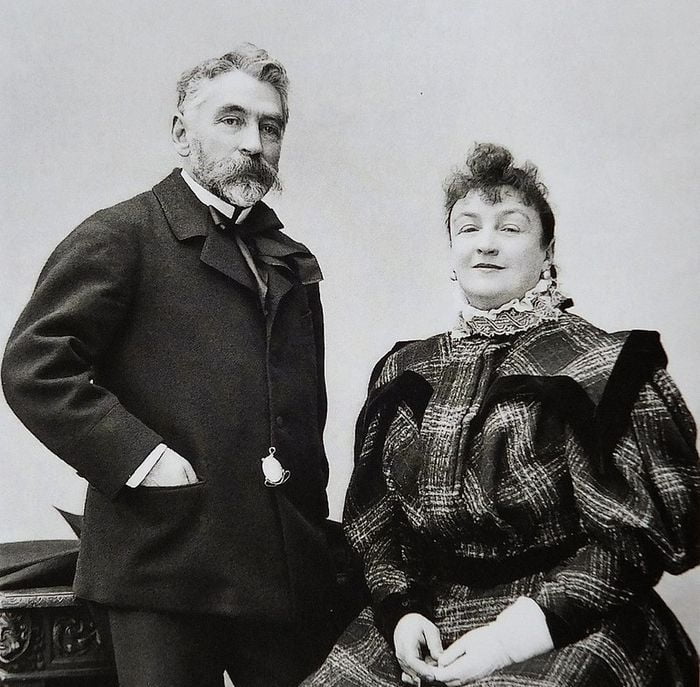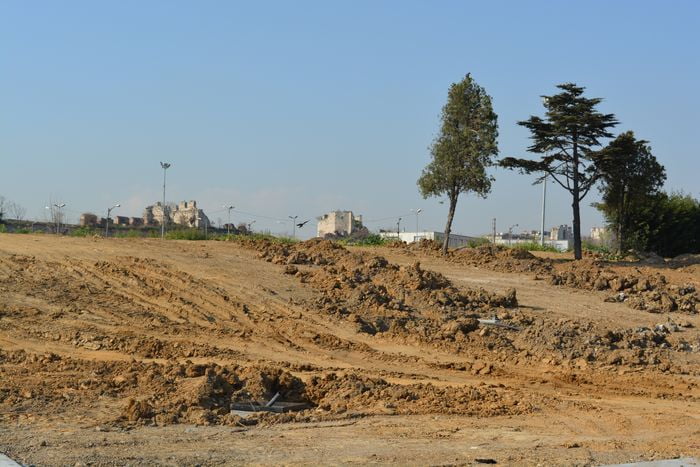Grazia Deledda (1871-1936)
Born in Sardinia in 1871, Grazia Deledda achieved conspicuous success in her novels and stories, which are for the most part concerned with the folk of her native Island. She wrote unaffectedly of the peasants, revealing a sense of actuality and a deep understanding of character.
The present version is translated by Walter Brooks, and is reprinted from his volume, Retold in English. Copyright, 1905, by Brentano`s, by whose permission it is here included.
Two Miracles
With eyes fastened upon the rosary of mother-of-pearl in her hand, “Zia” Batora climbed the steep path which led from the village of Bitti up to the Church of Our Lady of Miracles, an unassuming edifice, famous throughout the entire island of Sardinia and so named because of the many miracles performed within its walls.
The fact that these manifestations before its modest altar had prob-ably found their origin in the religious enthusiasm of the people, or at least been greatly exaggerated by popular superstition, did not prevent large crowds in need of either physical or mental succor from flocking to Bitti during the month of September to take part in the celebration in honor of Our Lady of Miracles.
The festival was one of the few upon which time had not laid its hand, and it still retained its awe-inspiring character and ancient glory. Mountains were crossed and valleys traversed on foot in order to reach the shrine of the wonder-working Madonna, who never failed to give in each successive year some new proof of her power.
“Zia” Batora was a devoted follower of Our Lady of Miracles. On the first Monday of every month she took the path toward the church, telling her beads all the way, and during the three days of the feast she knelt there morning and evening and prayed fervently. In addition, she gave money for masses, processions, and novenas. She prayed to the Madonna for a miracle; she prayed for peace, for peace in her heart so restless and disturbed—for peace at once and without further watching and waiting—but always in vain. Days and months glided by, mass followed mass; novenas and processions succeeded one another, while bitterness and desolation became stagnant in the soul of “Zia” Batora.
She could not forget—her heart was bruised and bleeding—and although supplied with every material want, she felt herself poorer than the most miserable beggar, and saw her happiness sink down beyond the desolate horizon of the future.
Read More about The Raising of Lazarus 2








